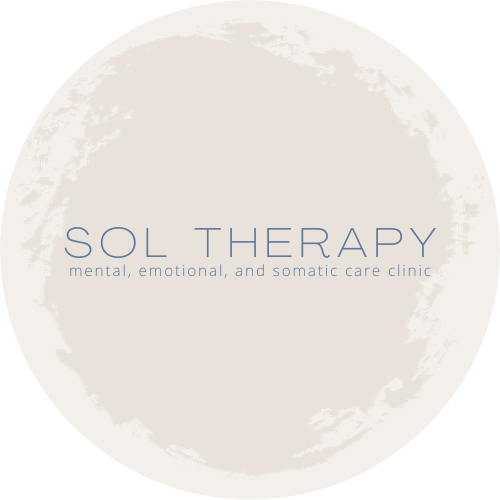Addiction

Addiction/Substance abuse is a complex condition characterized by compulsive drug seeking and use despite harmful consequences. It can involve a variety of substances, such as alcohol, nicotine, opioids, cannabis, and stimulants, among others. Addiction including process and behaviourial addiction can profoundly impact a person’s physical, emotional, and social well-being, and it can be challenging to overcome without proper treatment and support.
Alcohol abuse refers to excessive drinking with negative consequences, such as health problems, relationship issues, and difficulties at work or school. It can also lead to addiction, where the person becomes physically and psychologically dependent on alcohol.
Smoking is a form of substance abuse that involves inhaling tobacco smoke. Nicotine is the addictive substance in tobacco, and it can have adverse effects on a person’s health, including an increased risk of heart disease, lung cancer, and other health problems.
Addiction therapy from a trauma-informed lens recognizes that addiction is often a coping mechanism for individuals who have experienced trauma. Trauma can manifest in different ways, such as physical, sexual, or emotional abuse, neglect, or abandonment, resulting in shame, guilt, anger, and fear. These emotions can be overwhelming and challenging to process, and addiction can temporarily escape these feelings.
Dr. Gabor Maté, a renowned addiction expert, emphasizes the importance of understanding the link between trauma and addiction. He believes addiction is not a choice or a moral failing but a response to pain and suffering. He argues that many individuals who struggle with addiction have experienced adverse childhood experiences, such as neglect, abuse, or abandonment, which have left them with deep emotional wounds. These individuals often use drugs, alcohol, or behavioral addiction to cope with pain or alleviate their emotional distress.
A trauma-informed approach to addiction treatment acknowledges the underlying distress or trauma that may drive addictive behaviors. It provides a safe, supportive, and non-judgmental environment for individuals to explore their experiences and emotions. It recognizes that healing from addiction requires addressing the root causes of addiction, including unresolved trauma, emotional distress, and pain.
Process addictions, such as compulsive shopping or excessive online activity, and sexual or porn addictions can also stem from unresolved trauma and emotional struggles. These behaviors temporarily relieve emotional pain but can develop into harmful patterns. Our treatments for addiction address substance abuse and extends its transformative principles to process addictions, helping people gain insight into their behaviors, heal from trauma, and develop healthier coping strategies. Our expertise lies in alcohol and smoking cessation, sexual or porn addiction, and process addiction management, offering personalized, evidence-based treatment to empower people on their journey toward lasting positive change.
Our Services
Psychotherapy and counseling for addiction treatment provide a comprehensive approach focusing on uncovering underlying psychological factors contributing to addictive behaviors. Therapists work collaboratively with individuals to explore past experiences, thought patterns, and emotions that drive addiction. By addressing these root causes, individuals can develop healthier coping strategies, enhance self-awareness, and cultivate the resilience to overcome addiction.
Treatment for addiction with Clinical Hypnotherapy targets addiction by tapping into the subconscious mind to promote positive changes in behavior, thought patterns, and mindset. Through guided hypnosis sessions, one can visualize and work towards their desired outcomes, fostering a sense of control and empowerment over their addiction through the subconscious mind. This approach helps people focus on solutions, strengths, and future goals, enabling them to break free from addictive patterns.
Trauma-informed Somatic Integration Therapy for addiction treatment works through a lens that acknowledges the impact of trauma on addictive behaviors. This approach recognizes that addiction can be a coping mechanism to escape unresolved trauma. By incorporating bodily sensations, movement, and mindfulness techniques, individuals can process and release stored trauma, reducing the need for addictive substances or behaviors as a means of escape. This holistic method promotes healing from within, providing a foundation for sustainable recovery.
Addiction support through Biodynamic Craniosacral Therapy works as a complementary modality that supports other clinical interventions in the journey toward addiction recovery. Embracing the body’s innate wisdom, this therapeutic approach fosters balance and restoration in the nervous system, aiding in the healing process on a holistic level.
Sol Therapy – Your Trusted Therapists for Addiction Management and Intervention in Singapore
For more information on our services that treat Addiction Management and Intervention in Singapore, please WhatsApp us at (65) 89422211 or email us at beinghuman@soltherapy.sg
"Even the darkest nights will end, and the sun will rise again."
- Victor Hugo
